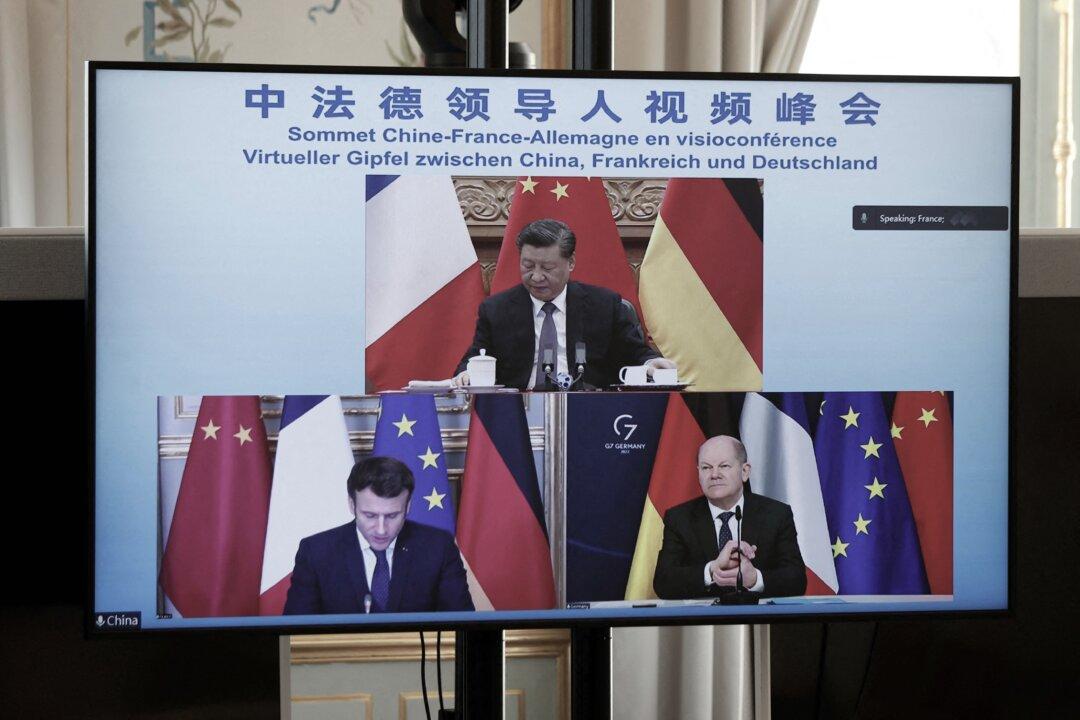News Analysis
Beijing has said it will retaliate if the United States attempts to sanction Chinese firms over the current conflict between Russia and Ukraine.

Beijing has said it will retaliate if the United States attempts to sanction Chinese firms over the current conflict between Russia and Ukraine.